Search
Search Results
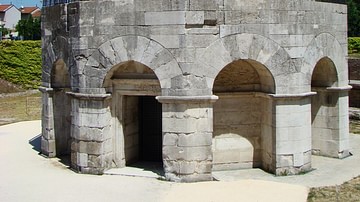
Definition
Ostrogoth
The Ostrogoths were the eastern tribe of the Goths (a Germanic people) who rose in power in the area north of the Black Sea. The designation, Ostrogoth, taken to mean 'Eastern Goth', actually means 'Goths glorified by the rising sun' and...
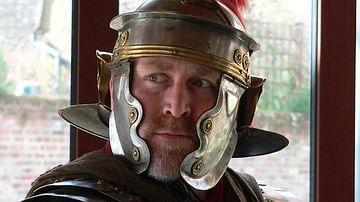
Article
Legions of Noricum, Raetia & Dacia
The provinces Noricum, Raetia, and Dacia served as a buffer protecting Roman Empire against any possible outside threat. However, the region posed several internal problems for Rome: Pannonia and its ally Dalmatia rebelled against Roman occupancy...
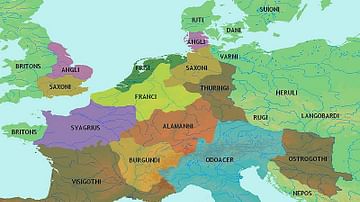
Definition
Alemanni
The Alemanni (also known as the Alamanni and the Alamans, meaning "All Men" or "Men United") were a confederacy of Germanic-speaking people who occupied the regions south of the Main and east of the Rhine rivers in present-day Germany. Many...
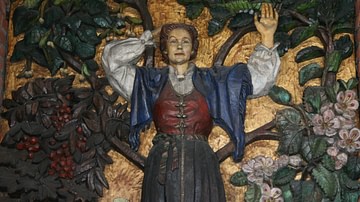
Definition
Frigg
Frigg is a fertility goddess in Norse mythology. She is the wife of Odin, king of the gods, and is the greatest goddess of the Norse pantheon. She is thought to have developed, along with the goddess Freyja, from an earlier fertility deity...

Article
Diasporic Communities in the Mediterranean & Beyond
A diaspora is a large group of people with a similar heritage or homeland who have since moved from their original homelands to another country. In terms of ethnicity, they share a common language, worldviews, myths, religious concepts and...
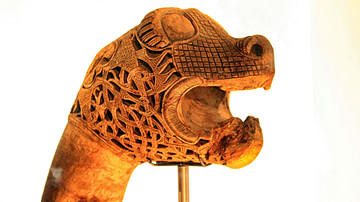
Definition
Viking Art
Art made by Scandinavians during the Viking Age (c. 790-1100 CE) mostly encompassed the decoration of functional objects made of wood, metal, stone, textile and other materials with relief carvings, engravings of animal shapes and abstract...

Definition
Chief Powhatan
Wahunsenacah, also known as Chief Powhatan (l. c. 1547 - c. 1618) was the head of the Powhatan Confederacy of Native Americans who inhabited the region of the modern-day State of Virginia, USA, which they knew by the name of Tsenacommacah...

Article
Fall of the Western Roman Empire
To many historians, the fall of the Western Roman Empire in the 5th century CE has always been viewed as the end of the ancient world and the onset of the Middle Ages, often improperly called the Dark Ages, despite Petrarch's assertion. Since...

Definition
Mauretania
Mauretania was an ancient kingdom in northwest Africa, encompassing regions of modern-day Morocco and Algeria. Although it shares a name with the modern country of Mauritania, they do not overlap. Ancient Mauretania was named after the Mauri...
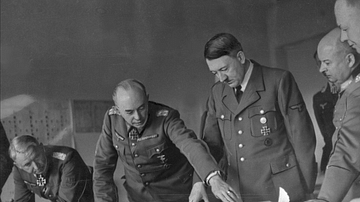
Article
Why Did Hitler Attack the USSR?
Adolf Hitler (1889-1945), the leader of Nazi Germany, was intent on attacking the USSR in the summer of 1941. With Western Europe subdued in 1940, Hitler could finally pursue his dream of territorial expansion in the East, destroy Bolshevism...